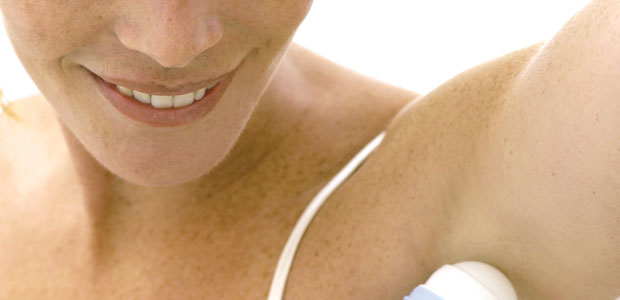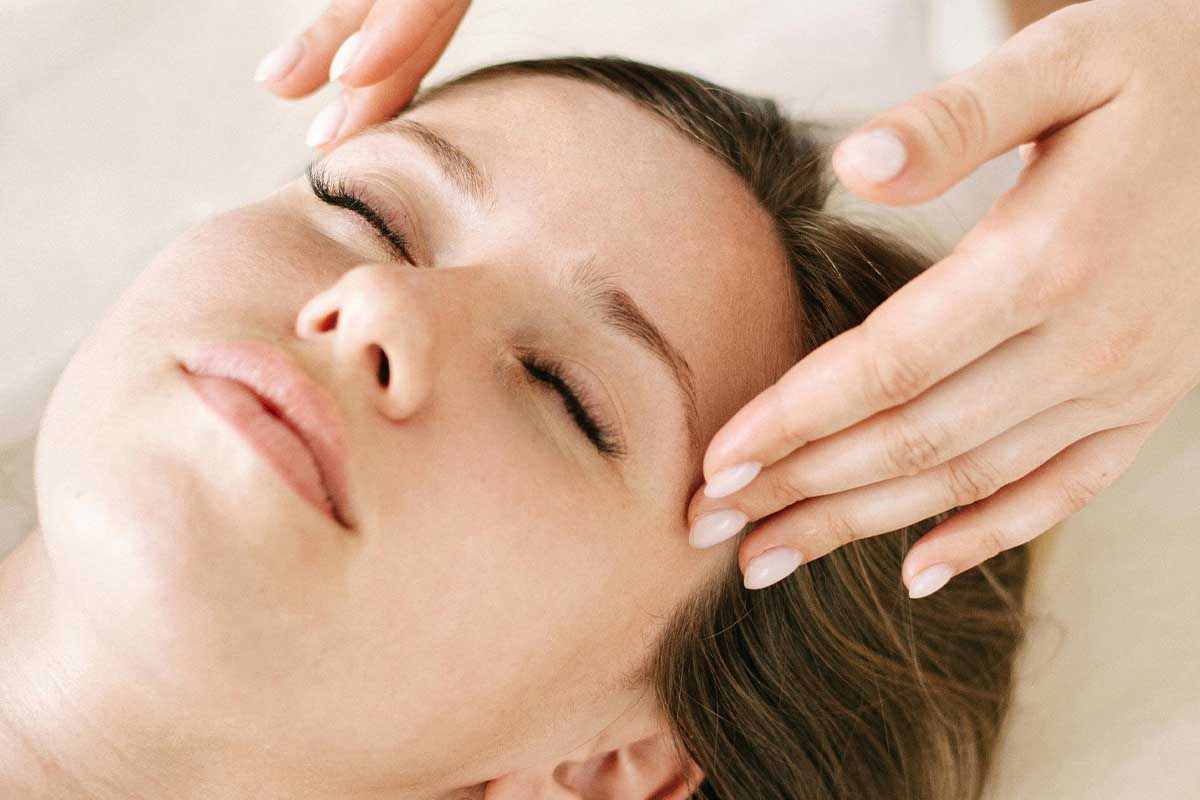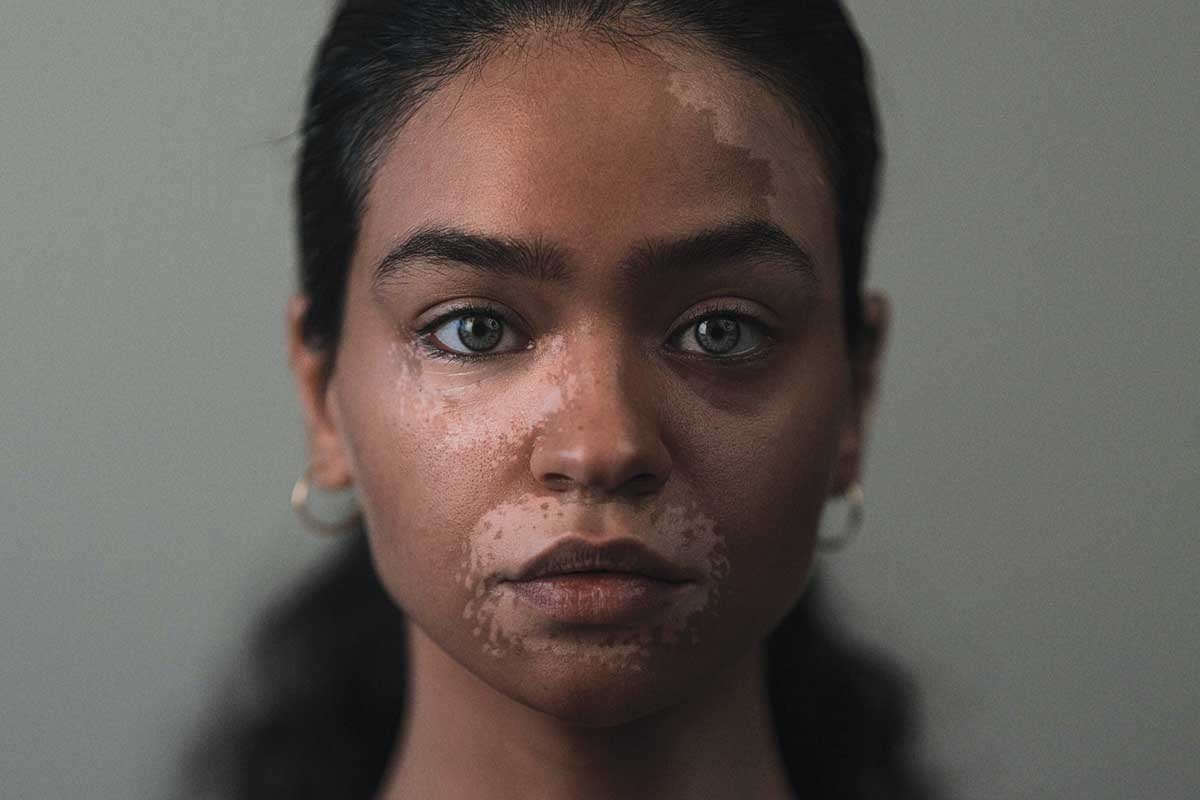Advertisement
Don’t Sweat It!
A 2004 study published in the American Journal of Applied Toxicology has many women sweating over the latest buzzword: Parabens. Parabens are petroleum-based chemicals used as a preservative in food and many household products including deodorants and antiperspirants. The label may list them as methyl-, ethyl-, propyl-, butyl-, isobutyl-paraben, E216, or Phenonip. The study has … Continued

A 2004 study published in the American Journal of Applied Toxicology has many women sweating over the latest buzzword: Parabens.
Parabens are petroleum-based chemicals used as a preservative in food and many household products including deodorants and antiperspirants. The label may list them as methyl-, ethyl-, propyl-, butyl-, isobutyl-paraben, E216, or Phenonip.
The study has scientists researching a possible link between parabens in deodorants and breast cancer. Researchers tested 20 breast tumours and found 18 of the cancerous tissues contained parabens.
A Cancer Link?
John Sumpter, from the Department of Biology and Biochemistry at Brunel University in Middlesex, found that parabens are weakly estrogenic. Scientists believe that certain chemicals can mimic estrogen in the body, promoting the growth of breast cancer cells.
Although the study could not confirm that parabens cause breast cancer or that deodorants
were directly responsible, it does indicate that parabens accumulate in our bodies over time.
“The human skin is a relatively good barrier to bacteria. However, it is not a good barrier to many chemicals, especially fat-soluble ones,” explains Dr. Peter Eckhart, MD, of the Women’s Therapeutic Institute in Colorado. “Anything absorbed through the skin bypasses the liver and the body gets 100 percent of it.” Substances applied to the skin are more readily absorbed than if ingested orally.
This accumulation is not surprising when you consider that most cosmetics products contain some form of parabens, according to Dr. Deborah Baker-Racine, Doctor of Natural Medicine. “Other safe alternatives need to be developed for widespread use in cosmetics.”
The cosmetics industry insists that parabens, approved by regulators, are safe. Chris Flower, Director General of the UK’s Cosmetic Toiletry and Perfumery Association insists there is “an enormous amount of information which supports the safety of these chemicals.”
Pick Your Stick Carefully
The good news is there is a new generation of paraben-free deodorants that are more effective at preventing odour than ever before. If natural sticks aren’t working for you, keep trying until you find one that does. The botanical flora on the surface of the skin may differ from one person to another and can change, so try other brands containing different antibacterials.
A shaved armpit is a one-way ticket to your lymphatic system. Shoppers should know that even paraben-free brands can carry a slew of other harmful chemicals. Look for products that use natural ingredients rather than propylene glycol and ethylhexyl glycerine.
And as Dr. Baker-Racine reminds us, “Read the labels. If you can’t pronounce it, don’t put it on your body. Choose paraben-free products.”
Shoppers Beware
It’s a good idea to research the ingredients in products you are using. Resources to consult include: The Natural Institute for Health, FDA, National Toxicology Program.




